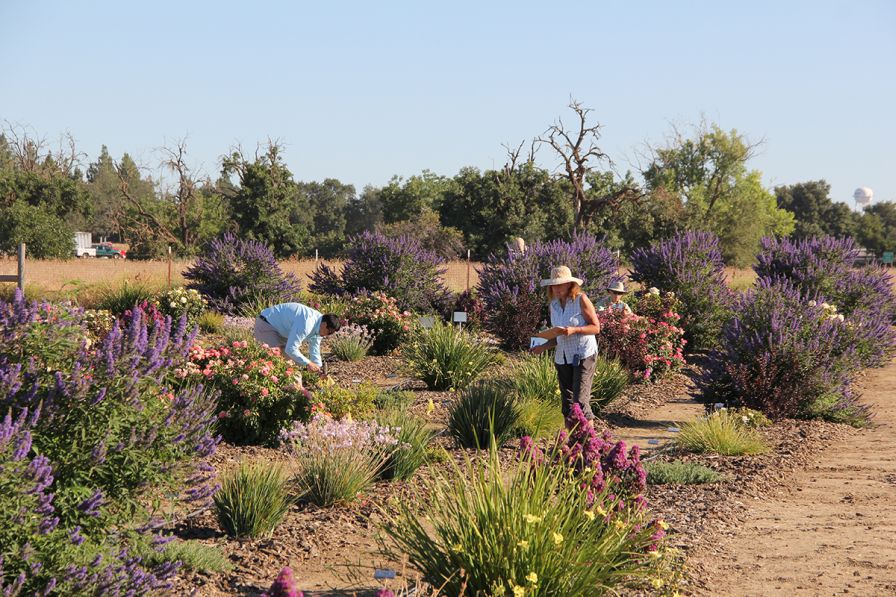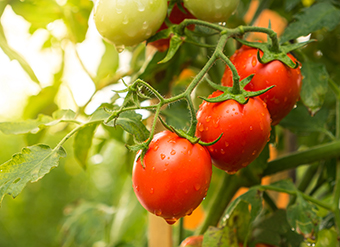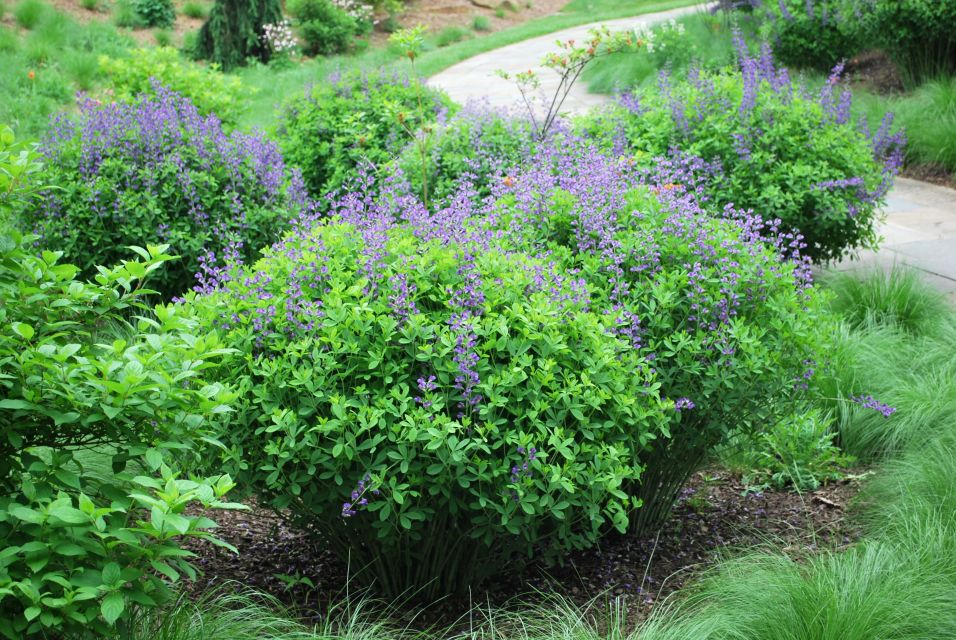Get to Know Greenhouse Grower’s 2021 Operation of the Year Award Finalists
The finalists for this year’s Greenhouse Grower Operation of the Year award, part of Greenhouse Grower’s Medal of Excellence program, are each driven by the goal of producing a high-quality crop in a sustainable manner. These efforts start with a strong management plan, and a strong team, in place.
Keep reading to learn more about this year’s finalists. The overall winner will be announced at Cultivate’21 during the Greenhouse GrowerSM Medal of Excellence reception.
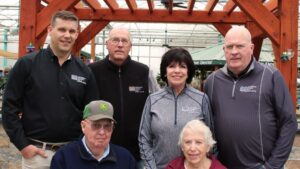
Dickman Farms
Dickman Farms, Auburn, NY
Dickman Farms may just be the definitive model for industry leadership. Much of the ownership/management team is actively involved in organizations like AmericanHort, and the Dickman family has participated in panel discussions on how to properly implement new automation technology, how it persevered through the COVID-19 pandemic, and more.
The company also serves as a rooting station for Ball Seed, and uses the knowledge it gains internally (cost/price analysis) and externally (partnerships with vendors and customers) to ensure financial profitability and sustainability.
“We are fortunate to have high employee retention, and a vast majority of our staff has been with the company for 10+ years,” says General Manager Bob Dickman. “Our tenured employees help recruit and train new talent when they come to the company.”
A family-owned company with a proud heritage that is passionately committed to producing high-quality plants, Dickman Farms strives to provide a great work environment with committed staff and embrace a high level of customer service. It is Systems Approach to Nursery Certification (SANC)-certified to ensure it provides quality plant material through the best procedures and practices.
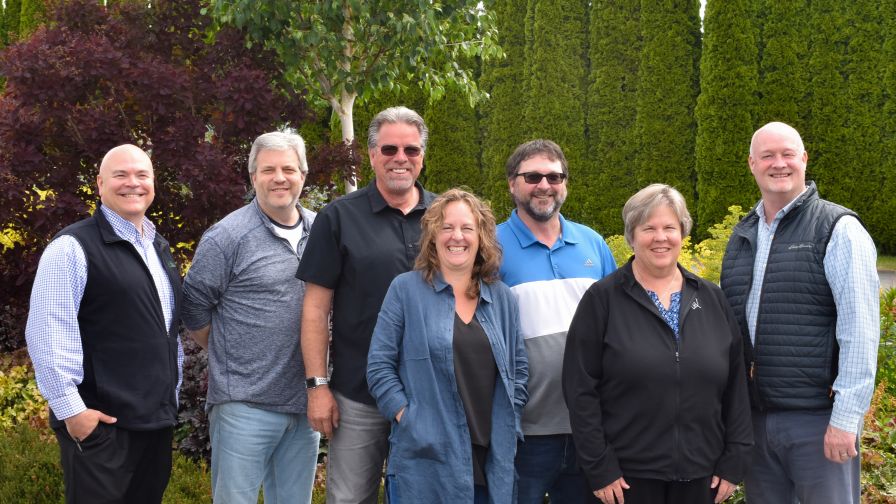
Skagit Horticulture
Skagit Horticulture, Mt. Vernon, WA
The management team at Skagit Horticulture is all about adapting to change with a strategic approach. It really took shape two years ago, when the company developed “Skagit Hort Way” tenets following the 2016 merger between Skagit Gardens and Northwest Horticulture. The program was a collaborative effort across the entire company and gave current employees a way to personally identify with the company, while guiding the onboarding of new employees.
This adaptive approach to change also became critical during the COVID-19 pandemic, when travel restrictions led the company to focus on online education and specialized Zoom training sessions.
“The greatest benefit of this was that more of our staff was exposed to training that they would not normally have had,” says Scott Crownover, CEO of Skagit Horticulture. “We plan to use this strategy going forward, as it allows us to grow more of our team at one time.”
Crownover also says it’s important to be smart when it comes to investing in automation, or any new program implementation.
“Automation is great, but it takes SOPs, training, and measurement of results to make it work,” Crownover says. “We are a sales-driven organization, so anything that the team comes up with must go through a ‘New Item/Program Implementation’ wheel before approval.”
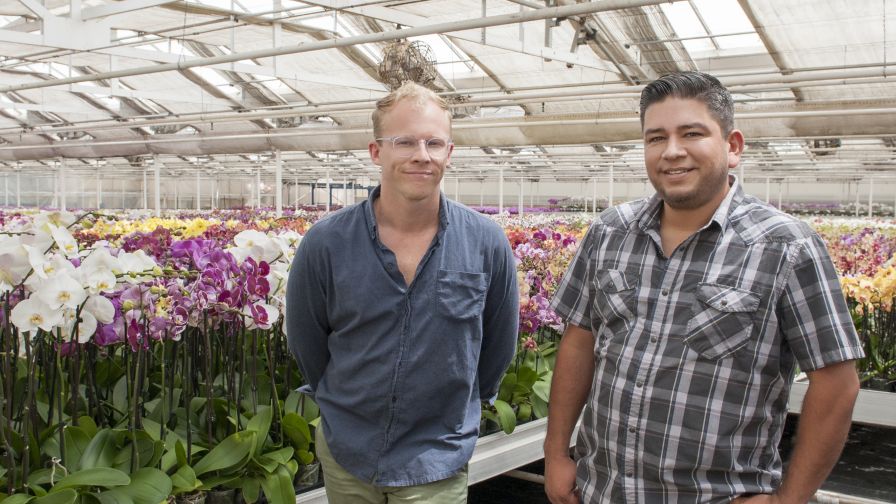 Westerlay Orchids, Carpinteria, CA
Westerlay Orchids, Carpinteria, CA
Westerlay is among the largest commercial orchid growers in the nation and sets the standard for orchid production on the West Coast, with a strong focus on sustainability. The company is reducing the amount of virgin plastic used in production and packaging, including plastic sleeves, and is working with its vendors to replace all stryofoam in its packaging with sustainable materials.
Westerlay is also installing solar panels at its main packing facility which will generate enough power to service more than 70% of the property. Trials on the use of solar glass in the greenhouse are also ongoing.
The operation was the first North American orchid grower to receive MPS certification for both ABC and GAP, and it has established a certified carbon footprint program with the goal of becoming carbon neutral in its plant production by 2026.
Finally, in the face of the COVID-19 pandemic, Westerlay Orchids set up a 100,000 Orchid Challenge. Between March and August 2002, the company donated 100,000 orchids directly to seniors in assisted living facilities and front-line health care workers.




